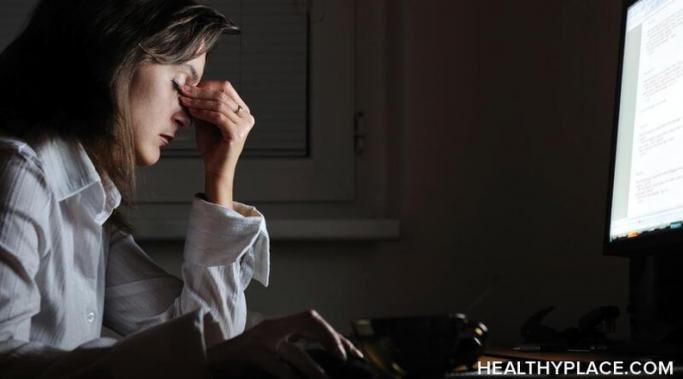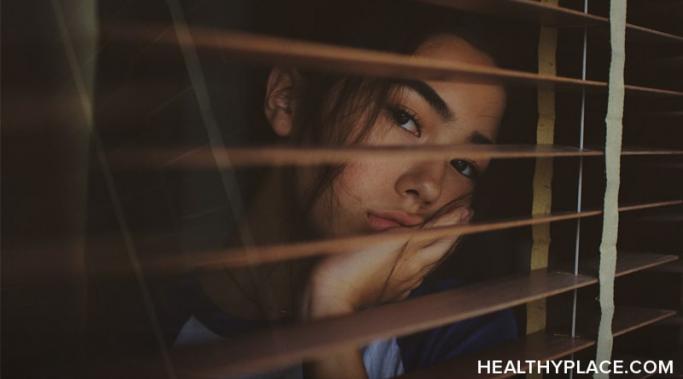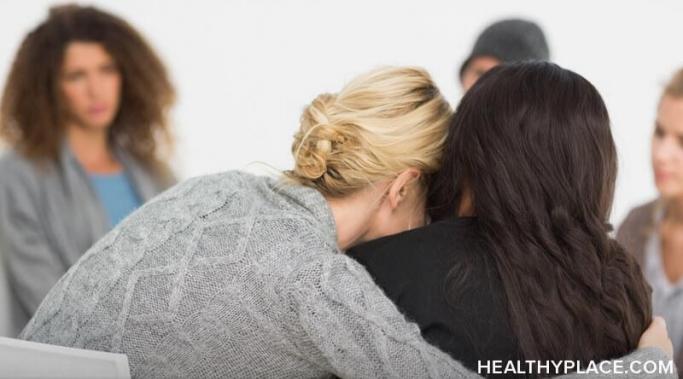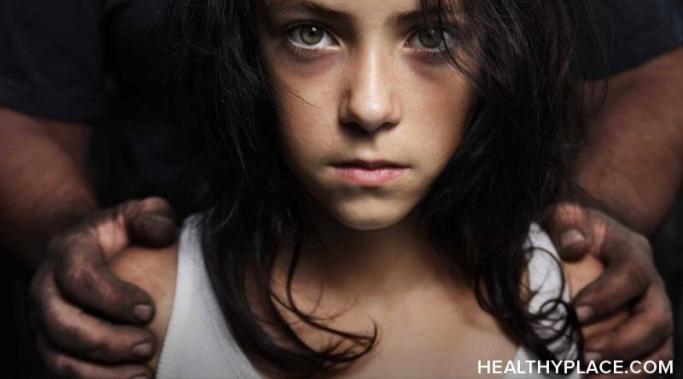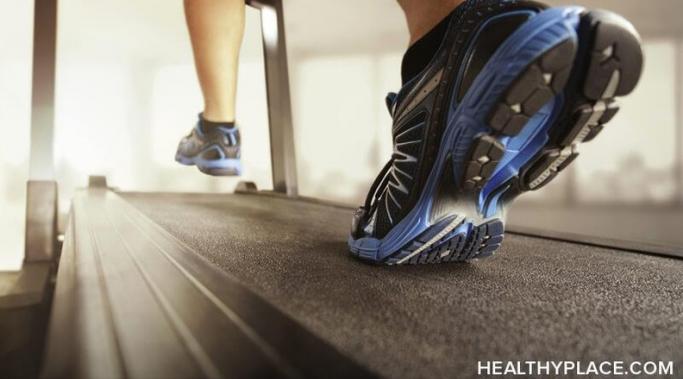I've had a home office for over a decade--long before it became a forced norm of the COVID-19 pandemic--and during this time, I noticed how working from home affected my eating disorder recovery. It wasn't a smooth road, but with a few strategies, I learned how to support my eating disorder (ED) recovery with healthy habits.
Eating Disorders Recovery
A change of perspective can do wonders to change your mindset, and this is why, when my destructive thoughts get to be too much, I go to nature to support my eating disorder recovery.
Have you become stuck in the tension of how to approach eating disorder recovery when you don't feel ready? This is a common dilemma—the belief that you can't pursue healing until the motivation, desire, and commitment all of a sudden materialize.
I am exercising less in quarantine—and that is acceptable. In these last few months, COVID-19 has disrupted many of the routines and norms that were baked into my life without question before, and one of those routines is fitness. My motivation to workout seems to decline with each passing day, which is unusual for me, a committed runner with a history of chronic overexertion.
Convincing myself that I feel poised, satisfied, uninhibited, confident, free, and at home in my own body all the time sounds excellent in theory, but I find it does not always work in practice. For this reason, I maintain that body acceptance is a more realistic goal than body positivity. Of course, it would be ideal to stand in front of a mirror and genuinely admire the curves and contours of my reflection, but this just happens sometimes—it's not an outlook I can manufacture out of sheer obligation to praise my body.
It's been crucial for me to learn how to help others in eating disorder recovery without derailing my own since I both mentor young women with eating disorders and am vocal about my own healing from anorexia. I often find myself on the receiving end of phone calls, text messages, and coffee dates which tend to start with the conversation opener, "I don't know who else I can trust to share this with, but I have an issue with food and body image. Can we talk about it?"
While it has been proven that anyone—no matter their life circumstances—can suffer from an eating disorder, some people who experience acute trauma could be more vulnerable to this illness than others. So, I think it's important to raise awareness for the prevalence of eating disorders in human trafficking victims.
Exercise can be a great tool to help you through eating disorder recovery, but my experience has shown me the thin, blurry line between healthy exercise and over-exercise in eating disorder recovery. In recent weeks, the COVID-19 pandemic and my mental health fall-out has revealed just how much of my self-worth has been wrapped up in my workouts. It was a sobering realization and one I vowed to change.
Celebrating your birthday in eating disorder recovery can be challenging. So many celebrations in life are riddled with expectations, and for those of us in any sort of recovery, the weight of these expectations can feel crippling.
The term "social distancing" has become part of our culture's mainstream lexicon over the past few months, but for the sake of those in eating disorder (ED) recovery (or any mental health issue, for that matter), can we please not call it social distancing anymore? The idea of creating barriers socially between ourselves and other people can exacerbate the sense of isolation or disconnection that many individuals who battle eating disorders are already too familiar with. In fact, experts within the field of public health agree the phrase is harmful and advocate that it be known as "physical distancing" instead.
